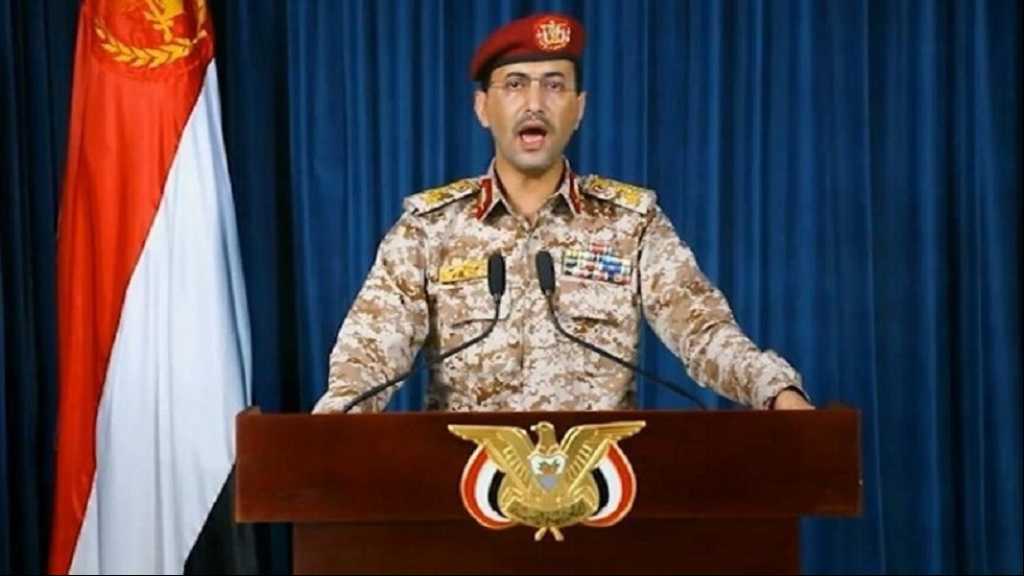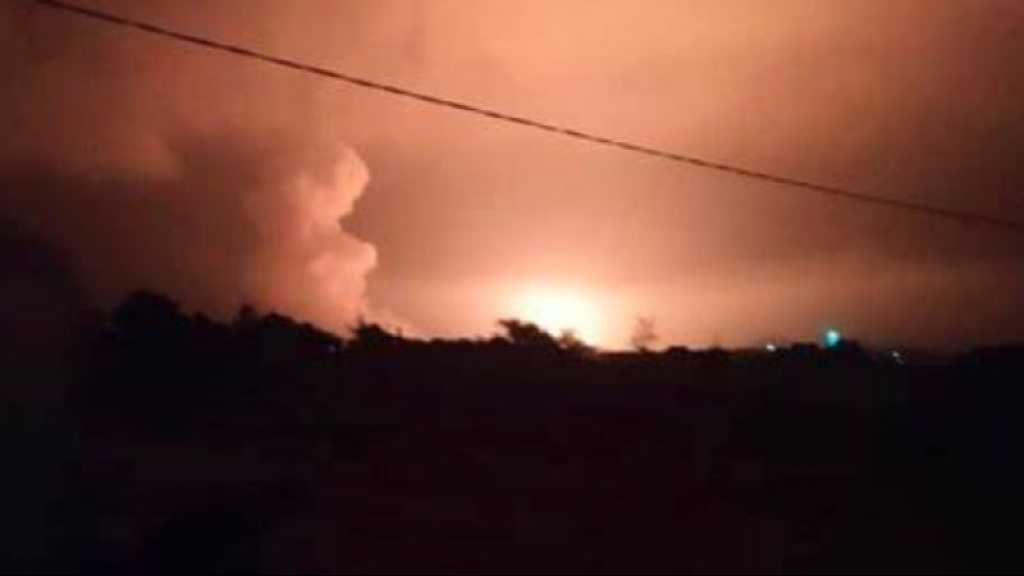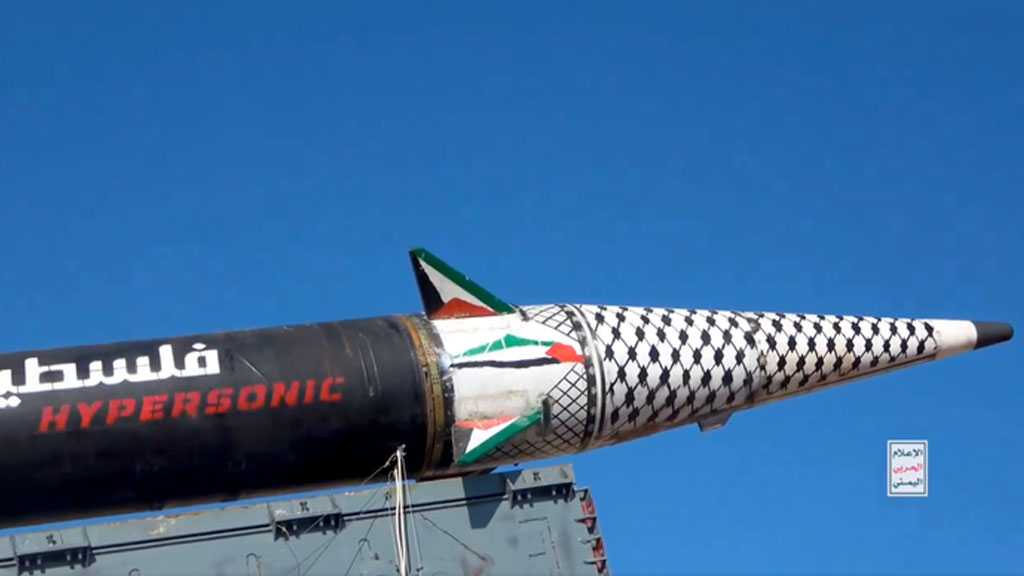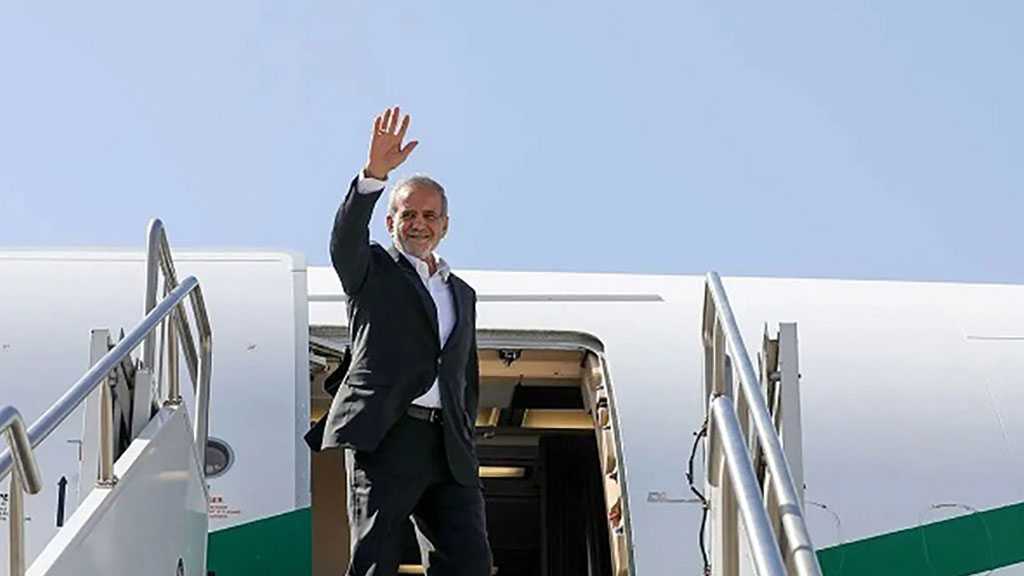
Iran: Ball in EU/E3 Court, To Negotiate Based on Inalienable Rights
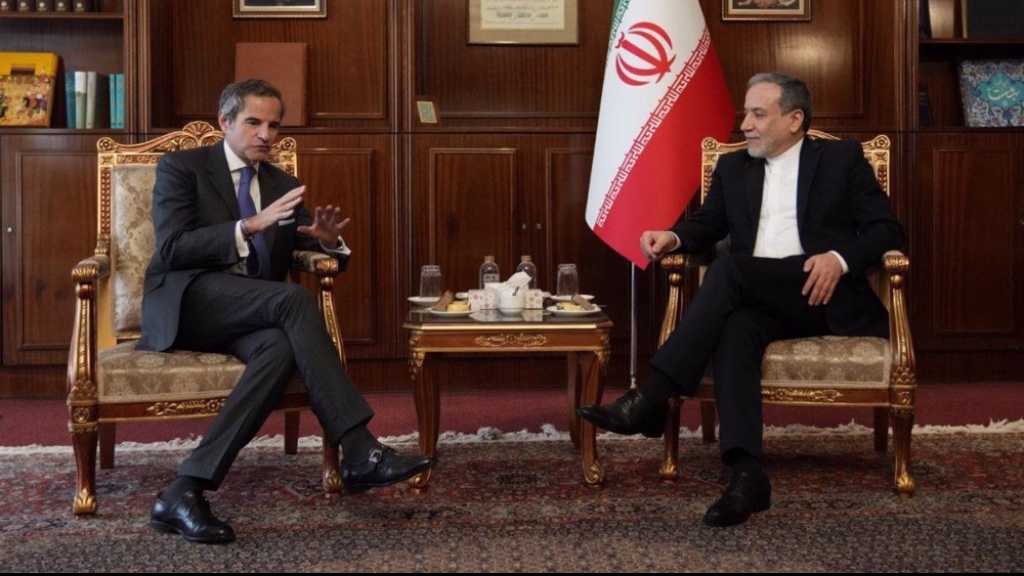
By Staff, Agencies
Iranian Foreign Minister Abbas Araghchi confirmed that Tehran is ready to hold nuclear negotiations with the EU troika based on its interest and rights but not under pressure and intimidation.
Araghchi made the remark in a post on his X account following his “important and straightforward” talks with Director General of the International Atomic Energy Agency [IAEA] Rafael Grossi in Tehran on Thursday.
“The ball is in the EU/E3 court. Willing to negotiate based on our national interest & our inalienable rights, but NOT ready to negotiate under pressure and intimidation,” the top Iranian diplomat wrote.
Araghchi, who was among chief negotiators in the nuclear talks between Tehran and major powers that resulted in the 2015 nuclear deal -- formally known as the Joint Comprehensive Plan of Action (JCPOA), emphasized that Iran, as a committed member of the Non-Proliferation Treaty (NPT), will continue its full cooperation with the IAEA.
“Differences can be resolved through cooperation and dialogue. We agreed to proceed with courage and good will,” he wrote.
The Iranian foreign minister added that his country has never left the negotiating table over its peaceful nuclear program.
Grossi arrived in Tehran Wednesday night at the head of a delegation to negotiate with top Iranian nuclear and political officials.
The trip, a continuation of interactions between Iran and the IAEA, is in line with the joint statement issued during Grossi’s visit to Tehran on March 4, 2023.
In their joint statement, Tehran and the UN nuclear agency recognized that bilateral positive engagements can pave the way for wider agreements among state parties.
They also agreed that bilateral interactions will be carried out in a spirit of collaboration, and in full conformity with the competencies of the IAEA and the rights and obligations of Iran based on the comprehensive safeguards agreement.
Also on Thursday, Grossi met with Head of the Atomic Energy Organization of Iran [AEOI] Mohammad Eslami and attended a joint press conference with him.
The IAEA chief also plans to sit down with President Masoud Pezeshkian later in the day.
The Iranian deputy foreign minister says UN nuclear watchdog chief Rafael Grossi will hold talks with Iranian officials during a two-day visit to Tehran.
The JCPOA was a multilateral international agreement signed between Iran and the five permanent members of the United Nations Security Council plus Germany after 21 months of negotiations in 2015. The deal required Iran to scale back some of its nuclear activities in return for the lifting of cruel sanctions imposed on the country, especially those by the United States.
However, then US president Donald Trump, who recently won the US presidential election in a stunning comeback, pulled Washington out of the UNSC-endorsed agreement in May 2018, imposing severe economic sanctions against Tehran while Iran was adhering to its commitments under the deal and even continued to do so for a year after the US withdrawal.
Iranian Foreign Ministry spokesman Esmaeil Baghaei said on Wednesday that Tehran has remained committed to all its promises as per the JCPOA and expects the IAEA to pursue an “independent and professional” approach with no political pressure and considerations.
“The Islamic Republic of Iran, as a responsible country which is committed to the NPT (Nuclear Non-Proliferation Treaty), and pursues a peaceful nuclear program, expects the Agency to have an independent, professional approach, free from political pressures and considerations, in relation to Iran,” Baghaei told IRNA.
He added that Iran’s hosting of the IAEA chief clearly shows the Islamic Republic’s stance on the continuation of cooperation with the agency based on commitments and duties enshrined in international regulations and conventions.
The Iranian spokesperson emphasized, “At the same time, we expect the agency to continue its technical activities and act within the framework of its defined tasks, away from political atmospheres and regardless of the pressures that some member states of the Agency may impose.”
